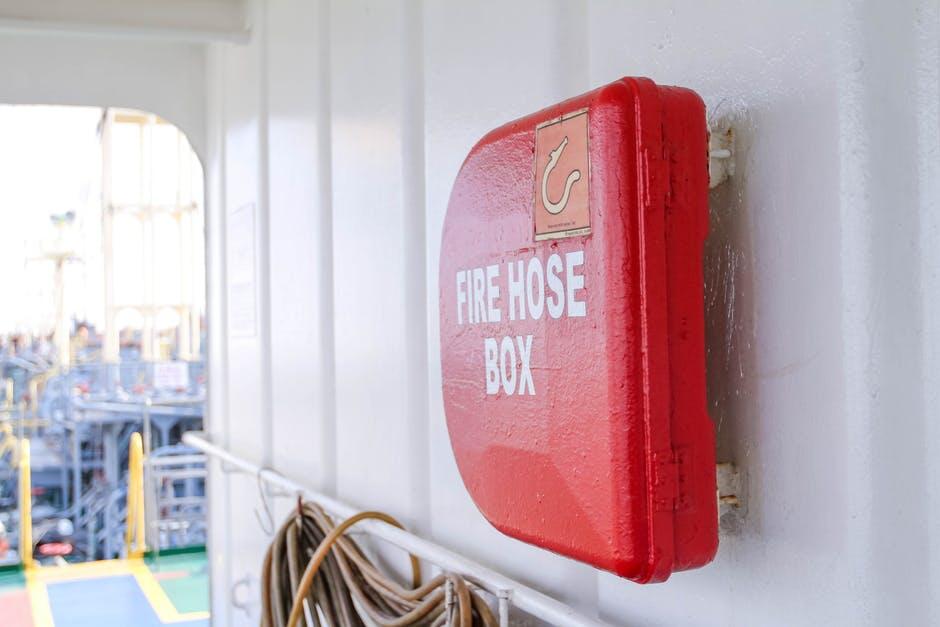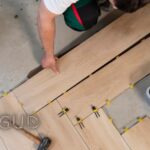Addiction can feel like a huge, impossible problem. But what if you had a clear guide to help you recover?
Good addiction recovery programs treat the mind, body, and spirit. They help people make real, lasting changes. Many people try regular recovery methods that only focus on one part of addiction.
This often leads to relapse. A full, holistic approach can help people heal and transform their lives for the long term.
Understanding the Importance of Comprehensive Addiction Recovery
Comprehensive addiction recovery programs take a full approach to healing. They don’t just treat symptoms or help people stop using substances. Instead, they use different methods to improve overall health.
Holistic programs often work better than traditional ones because they treat the mind, body, and emotions. Addiction often comes with other mental health issues like anxiety or depression.
Programs that address these problems work better because they get to the root of the addiction, not just the surface. A well-rounded recovery program understands that everyone’s journey is different and needs a plan that fits them.
Components of a Comprehensive Addiction Recovery Program
A full recovery program can help people at every stage of their journey. It works on the body, mind, and emotions. Knowing the main parts of a complete program can give people and their families the tools they need to stay healthy in the long run.
Personalized Treatment Plans
Everyone’s path to recovery is different. That’s why a treatment plan made just for each person is very important.
These plans usually start with a detailed assessment of medical history, substance use, and mental health. By personalizing treatment, doctors can focus on the root cause of addiction and help people have a better chance of recovering.
Medical Detoxification
For many people with addiction, the first step is medical detox. This helps them safely handle withdrawal and remove substances from their bodies.
Medical staff supervise the process to keep people healthy and reduce risks. Sometimes, medication-assisted treatment (MAT) is also used to ease cravings and withdrawal symptoms.
Behavioral Therapy
Behavioral therapy is a key part of a full addiction recovery program. Methods like Cognitive Behavioral Therapy (CBT) and Dialectical Behavioral Therapy (DBT) help people notice and change unhealthy thoughts and behaviors tied to addiction.
Therapy can improve mental health and cut relapse rates by more than half. It also helps people learn important coping skills.
Group Support
Group therapy helps people connect with others facing similar struggles. It creates a sense of community and reduces feelings of loneliness and shame.
Participants share their stories and support each other, which can be very motivating. People in group therapy are more likely to stay sober long-term.
Family Involvement
Including family in recovery is very important because they can help with healing. Family therapy can fix broken relationships and deal with how addiction affects loved ones.
Having family involved creates a supportive environment and helps everyone communicate better. When families join in treatment, people are more likely to finish the program successfully.
Holistic Approaches
A full addiction recovery program often includes holistic methods like mindfulness, yoga, and healthy eating. These practices help the body, mind, and spirit, improving overall well-being.
Holistic approaches can lower stress, lift mood, and clear the mind, which supports recovery. For example, mindfulness can reduce anxiety and depression, which often come with addiction.
Life Skills Training
Learning life skills is important for long-term recovery. Programs often teach skills like time management, money management, and healthy communication.
These skills help people return to everyday life and reduce the chance of relapse. People who learn life skills do better in their work and social lives.
Aftercare Services
Aftercare is very important to keep recovery going after the main treatment ends. It can include ongoing therapy, support groups, and help with things like housing and work.
Aftercare lowers the risk of relapse by giving continued support and guidance. People who use aftercare services are much less likely to relapse in the first year after treatment.
Continuous Evaluation
A full rehab program focuses on regular check-ins to make sure the treatment works. These check-ins let staff see how a person is doing and adjust the plan if needed.
By keeping track of progress, professionals can give support that fits each person’s changing needs. This flexibility helps people stay on track and reach lasting recovery.
Overcoming Barriers to Treatment
Even though addiction recovery programs help a lot, some people face barriers that stop them from getting help. Common problems include shame, money issues, and not knowing about available resources. Many people worry about being judged and feel alone, which can make their addiction last longer.
Building Community Support Systems
Having a strong support system can make recovery programs work better. Peer groups like Alcoholics Anonymous (AA) and Narcotics Anonymous (NA) give ongoing help and friendship. These groups help people feel like they belong and less alone.
Community programs can also offer job training and work opportunities for people returning to everyday life. Having purpose and routine helps recovery, because people are more likely to stay involved when they feel supported.
Long-term Outcomes and Success Rates
Measuring how well addiction recovery programs work can be tricky. Many people in treatment use drugs less, while others improve their social life or work.
Success doesn’t always mean stopping completely. For some, it means using less or having a better quality of life.
Long-term support and monitoring can help people stay in recovery. Aftercare options like therapy, support groups, and sober living homes give ongoing help and contact with support systems.
Embracing Change for Lasting Recovery
Comprehensive addiction recovery programs give hope to people who want to take back their lives. By caring for the mind, emotions, and body, people can break free from addiction.
Asking for help is the first brave step toward a better life. Many who seek recovery find new chances, relationships, and goals that make their lives richer than they ever imagined. Also, choosing the right drug rehab center is paramount for your recovery journey.
Achieve Lasting Change With Addiction Recovery Programs
Including things like therapy, good nutrition, and community support helps people recover from addiction. The right program can help someone not just stop using drugs, but also live a better life in recovery. If you or someone you know is struggling with addiction, contacting a local rehab center can be the first step toward getting help.
Looking for more tips and advice? You’re in the right place! Make sure to bookmark our page and come back to check out more interesting articles.







